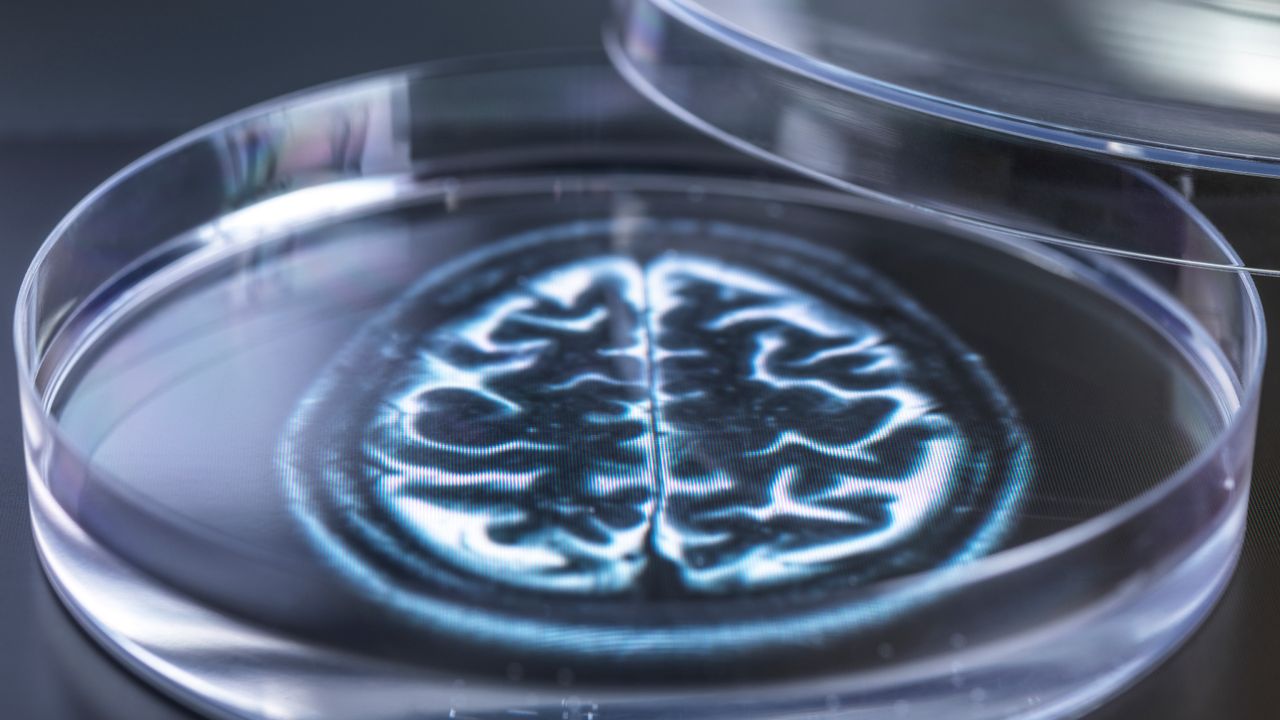Science
Scientists Debate Ethics of Experimenting on Conscious Lab-Grown ‘Brains’

A growing debate has emerged regarding the ethical implications of experimenting on lab-grown brain organoids, especially if these miniature brain models were to achieve consciousness. These organoids, developed from stem cells, serve as simplified representations of the human brain. Recent advancements enable scientists to create more complex organoids, known as “assembloids,” which incorporate multiple brain regions and additional cell types to better mimic real brain function.
Despite these advancements, many scientists maintain that organoids currently lack the necessary complexity to become conscious. Consciousness is generally understood as the ability to be aware of oneself and to experience sensations and feelings. Yet, a faction of researchers warns that organoids may be closer to achieving consciousness than previously thought. In a commentary published on September 12, 2023, they urged the scientific community to seriously consider the implications of this possibility.
Ethical Considerations in Research
The potential for brain organoids to attain consciousness raises significant ethical questions. Some experts argue that conducting experiments on conscious organoids without acknowledging their welfare would be morally problematic. Others suggest that it might be acceptable to experiment on them, similar to how current regulations govern research involving conscious animals.
According to Live Science, the discourse surrounding these ethical considerations stresses the need for regulatory frameworks that could be adapted from those used for laboratory animals. As the field of organoid research progresses, the scientists involved must grapple with how to proceed ethically while advancing their work.
Neuroscientist Kenneth Kosik has expressed concern regarding the implications of lab-grown brains potentially achieving consciousness. He highlights the urgency of addressing these questions as research continues to evolve rapidly.
The dialogue surrounding brain organoids not only has implications for neuroscience but also raises broader questions about the nature of consciousness itself. As scientists continue to explore the capabilities and limitations of these models, the ethical landscape will undoubtedly be shaped by their findings.
This ongoing debate prompts essential questions: If brain organoids were to gain consciousness, what would be the ethical responsibilities of researchers? Would it be justifiable to continue experiments on such entities, or should the pursuit of knowledge be reconsidered? As the scientific community remains divided, the future of organoid research may depend on the answers to these pressing questions.
-

 Technology4 months ago
Technology4 months agoDiscover the Top 10 Calorie Counting Apps of 2025
-

 Health2 months ago
Health2 months agoBella Hadid Shares Health Update After Treatment for Lyme Disease
-

 Health3 months ago
Health3 months agoErin Bates Shares Recovery Update Following Sepsis Complications
-

 Technology3 weeks ago
Technology3 weeks agoDiscover 2025’s Top GPUs for Exceptional 4K Gaming Performance
-

 Technology2 months ago
Technology2 months agoElectric Moto Influencer Surronster Arrested in Tijuana
-

 Technology4 months ago
Technology4 months agoDiscover How to Reverse Image Search Using ChatGPT Effortlessly
-

 Technology4 months ago
Technology4 months agoMeta Initiates $60B AI Data Center Expansion, Starting in Ohio
-

 Technology4 months ago
Technology4 months agoRecovering a Suspended TikTok Account: A Step-by-Step Guide
-

 Health4 months ago
Health4 months agoTested: Rab Firewall Mountain Jacket Survives Harsh Conditions
-

 Lifestyle4 months ago
Lifestyle4 months agoBelton Family Reunites After Daughter Survives Hill Country Floods
-

 Technology3 months ago
Technology3 months agoUncovering the Top Five Most Challenging Motorcycles to Ride
-

 Technology4 weeks ago
Technology4 weeks agoDiscover the Best Wireless Earbuds for Every Lifestyle





















